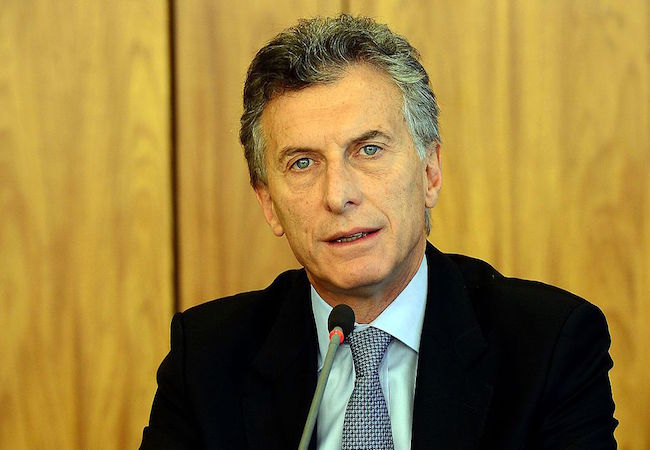
The acceptance by Mauricio Macri in 2018 of the IMF’s postulates meant mortgaging Argentina’s economic sovereignty, since after the IMF disbursement of close to US$ 57 billion, the current government was left with the burden of debt maturities estimated at close to US$ 37 billion.
This amount was unaffordable for the Central Bank of Argentina, which would have net reserves estimated at US$ 5 billion, so Argentina and the IMF would have started negotiations to restructure the total amount of the debt with the IMF estimated at US$ 45 billion.
Thus, the Minister of Economy, Sergio Massa, announced in March that an agreement had been reached with the banks to postpone until beyond 2024 maturities of its debt in local currency for 7.5 trillion pesos (US$ 36.5 billion), an announcement that would be a shot in the arm for the Argentine government in an election year and to distance “the idea that we have a debt reprofiling”, according to Massa.
The economic crossroads
In addition to the burden of debt maturities, the Argentine economy is mortgaged by the collapse of the peso against the dollar, which has already surpassed the 400 pesos per dollar barrier with a year-on-year fall of 104%, which in practice translates into the dollarization of the economy.
According to the IMF, the Argentine economy will flirt with recession in 2023, with a meager 0.2% increase but inflation will continue to run rampant at close to 90%. This will lead to a loss of competitiveness of Argentine products, with a consequent 5.4% reduction in exports and an increase in the trade deficit, which will result in a slight rise in the unemployment rate to 7.6%.
Uncontrolled inflation leads to a loss of purchasing power for workers and pensioners, a contraction in domestic consumption and a disincentive to save and seek income outside productive activities, which could lead to a productive desertification that would be unable to meet the demand for basic products.
Likewise, according to the IMF, if the global financial crisis worsens, the Argentine economy will be more exposed to a possible appreciation of the dollar, to an increase in the risk premium and to the reversion of the associated capital flows, which could reenact the “Lost Decade of Latin America” (1980s), aggravated by a significant increase in social instability and a rise in poverty rates. Thus, according to INDEC, the poverty threshold will reach 40% in 2022 and nearly 12 million people will not be able to meet their basic needs, of which 2.5 million will be indigent.
The geopolitical crossroads
Given the IMF’s political short-sightedness in not applying a write-off of the Argentine debt inherited from Macri’s neo-liberal period, President Fernandez has reportedly initiated a rapprochement with Russia and China to stimulate mutual commercial transactions, as well as to attract investments which seem essential to revive Argentina’s battered economy.
Thus, during his visit to Putin, Fernandez offered him the possibility of being “the gateway to Latin America” and in his meeting with Xi Jinping, he confirmed Argentina’s adhesion to the Silk Road and Strip Project, which could mean for Argentina a staggering sum of 24 billion dollars in investments and the end of pivoting in the orbit of the United States.
However, the Biden administration is seriously concerned about the growing presence of China and Russia in the country and especially about the possibility of China installing a joint military base with Argentina in Ushuaia in exchange for Chinese financial support to install a gigantic logistic center in the province of Tierra del Fuego.
In spite of the fact that the Argentine president himself has promised Joe Biden’s special envoy, Juan Gonzalez that “there will be no foreign bases in Argentina”, the US will use the Kentish strategy of “carrot and stick” to pressure the Argentine government to install a joint base in Ushuaia and thus control the traffic of mega containers through the Drake Passage, an alternative to the Panama Canal.
In the event that the new Government that emerges from the General Elections of October 22 is not sensitive to Washington’s dictates, a “soft civil-military coup” could not be ruled out, which would have the blessings of the Biden Administration and whose first outline would be the statements made by Grupo Clarín’s spokesman, Marcelo Longobardi, on Radio Mitre, who stated that “someday we will have a surprise because we will have to format Argentina in a more authoritarian way to handle such a disaster”.




